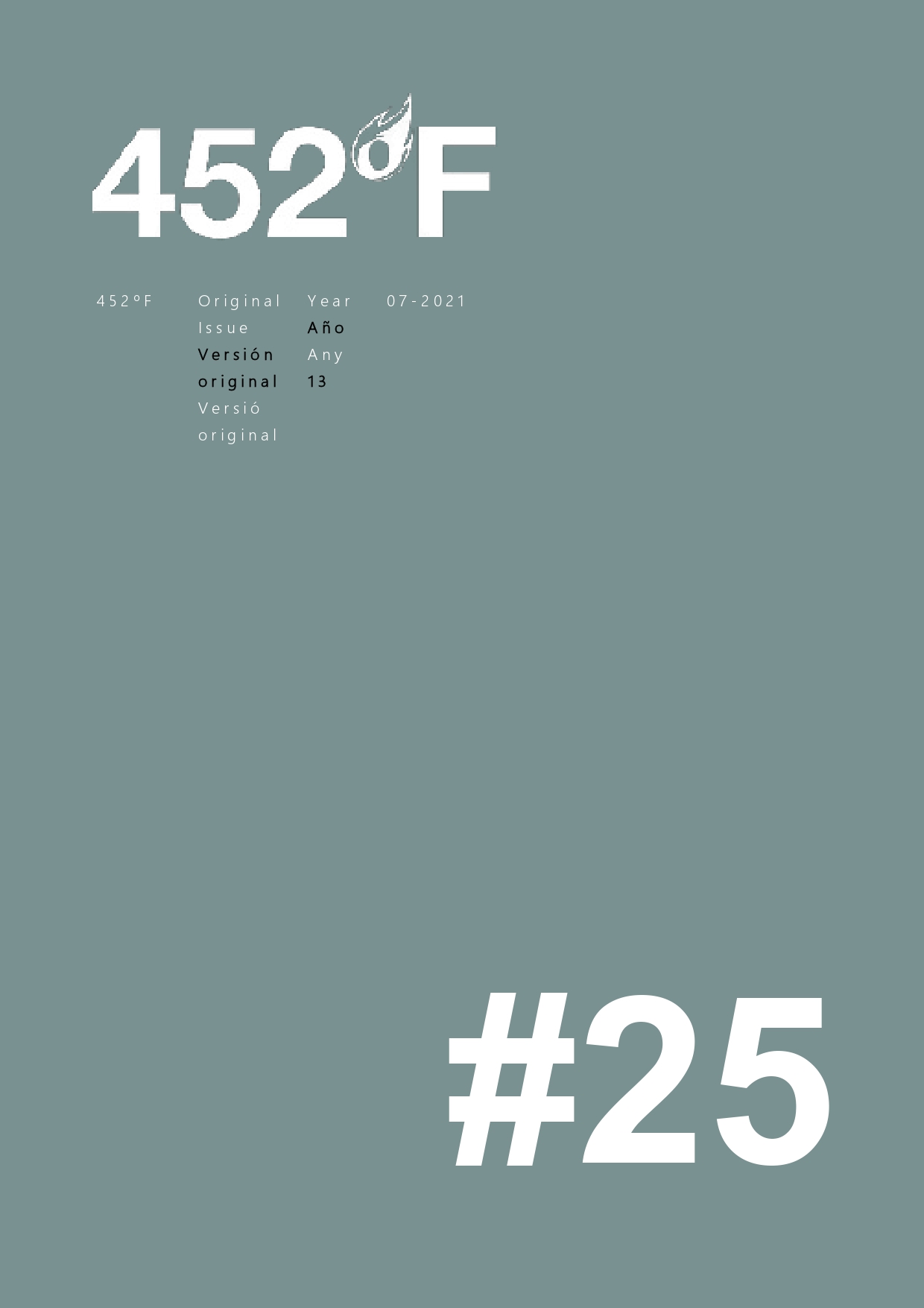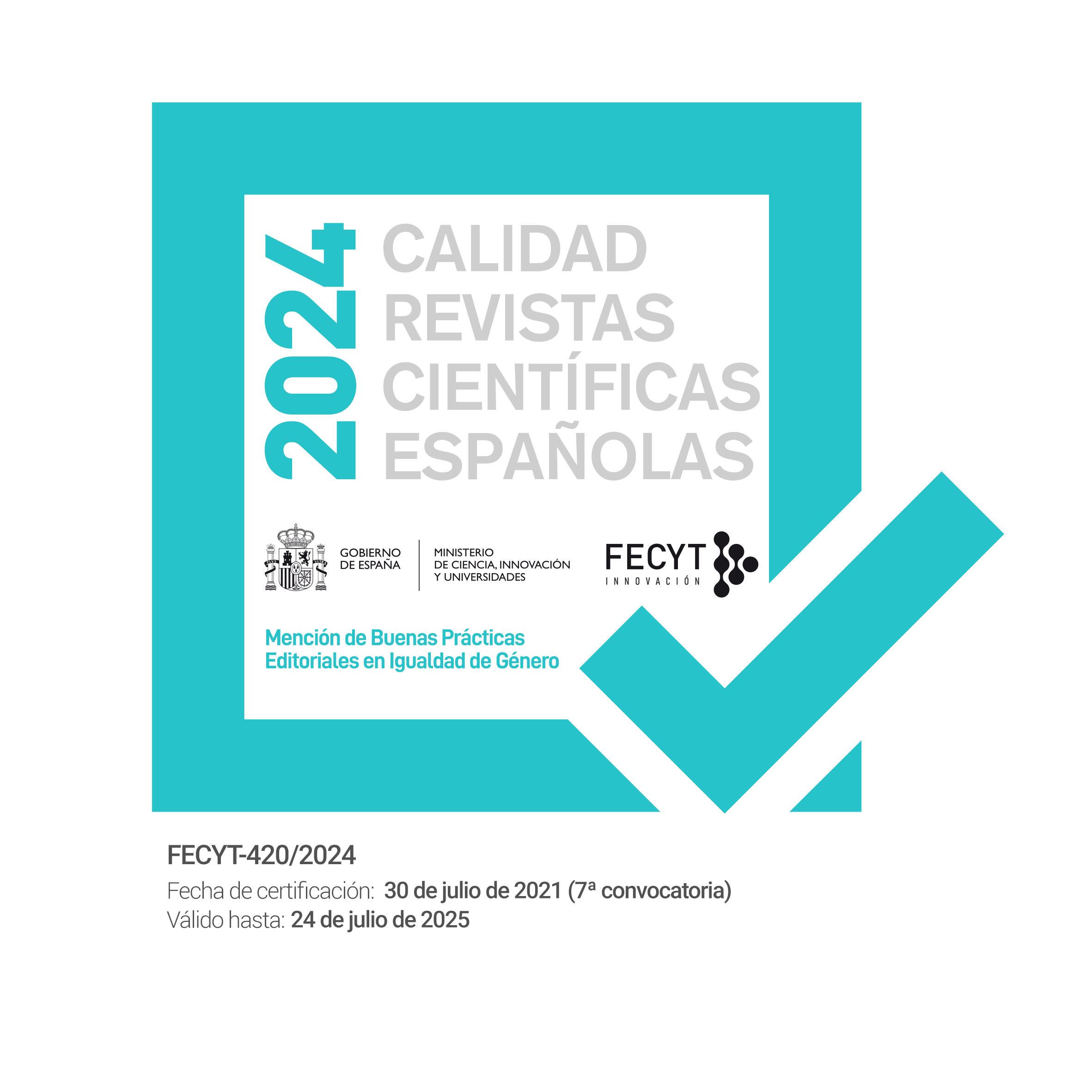Clearly Demonic: Artistic Experience as Restitution of Life in Thomas Mann’s Doktor Faustus
DOI:
https://doi.org/10.1344/452f.2021.25.3Keywords:
Mann | Crisis | Cultural criticism | Spirit | Artistic experienceAbstract
Within the scene of the fourth decade of the twentieth century in Europe, critical of the consequences of the German war and during his exile in the United States, the writer Thomas Mann published the novel Doctor Faustus: The Life of the German Composer Adrian Leverkühn, Told by a Friend. In this novel, the singular nature of creation is glimpsed, in contrast to the social conditions of the period in which it was written and, a particular reflection on the restitution of the human experience is highlighted in a context of a “general crisis of culture”. The article explores this experience in the novel through Mann’s analysis, some of the critics of the work and the problem of the poetic, from the point of view of Jean-Luc Nancy.
Downloads
Published
How to Cite
Issue
Section
License
All contents published in the journal are protected under a Creative Commons BY-NC-ND license. This corresponds to legislation within Spain, and does not allow commercial use of the texts. It is not possible to modify the contents either.
General information.
Comparative Literature magazine 452ºF [ISSN 2013-3294] is a publishing project coordinated by Asociación Cultural 452ºF, and developed by its Editorial board.
Access to the Contents and Copyright.
All contents published in the journal are protected under a Creative Commons BY-NC-ND license. This corresponds to legislation within Spain, and does not allow commercial use of the texts. It is not possible to modify the contents either.
Every person has free access to the contents of the journal as long as they understand and assume that no profit is to be made on other people’s work.
In all cases, the original source name of the online journal and the article must be mentioned when used for any purposes.
Basic Conditions of all Call for Papers.
- 1. The author accepts that sending the paper:
- a. Does not guarantee the publication of it.
- b. Is done in accordance to the style-sheet of the magazine and the requirements of the specific call for papers.
- c. Implies the non-exclusive transferring of the first publication rights of the paper, as long as it is selected to be published in the journal, to theAsociación Cultural 452ºF, under a Creative Commons BY-NC-ND license.
- 2. The journal 452ºF, in due respect to moral rights of a copyright, guarantees that:
- a. All papers will be evaluated according to the procedure already mentioned.
- b. All authors will receive either a positive or negative answer to their sending a paper for publication.
- c. All papers will be published unabridged. The journal might make changes in the typographical disposition according to the needs.
- d. All papers will be published under a Creative Commons BY-NC-ND license.





